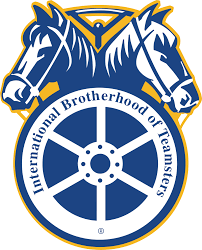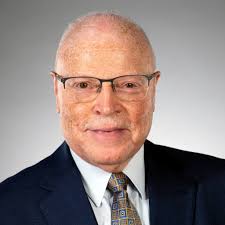New York, NY – This week, Governor Kathy Hochul pledged to protect abortion rights for women across the state. What she has not done, however, is take action to protect them from workplace sexual harassment and abuse that comes from having to rely on tips to survive.
Eight years ago, activists rallied outside of City Hall declaring women in the workplace reliant on tips were “not on the menu,” while elected officials pledged to help get rid of the sub-minimum wage — so that women “don’t have to put up with nonsense from drunken fools in order to be able to go home with a decent tip.”
But nearly a decade later, that is exactly the situation women working for tips under the ongoing sub-minimum wage system continue to endure.
A new study from the One Fair Wage campaign finds sexual harassment on the job actually increased during the pandemic. According to the report, nearly 75 percent of all women surveyed — and nearly 80 percent of women of color surveyed — said they “regularly experienced or witness sexual behaviors from customers that make them uncomfortable.” Sixty-one percent of men participating in the survey also reported the same thing.
The result, according to the report is a majority of tipped workers considering leaving their jobs because of “increased sexual harassment that has come with sub minimum wages and lessened tips.”
Working class New Yorkers in the fast food industry successfully spearheaded the Fight for $15 movement in 2012. Elected officials, however, carved out tipped workers from the pay raise. At the state level, that means the sub-minimum wage ranges between $7.50 and $8.65 an hour. Nationally, the minimum cash wage for tipped workers is an incredible $2.13 an hour.
Nataly Chalco Lopez can still remember being corned and screamed at as 18-year-old working her way through college by a manager at a now defunct Florida restaurant who routinely terrorized workers he considered “replaceable.”
“It was really horrific — and it happened often,” Chalco Lopez says. “A lot of managers were very aggressive.”
Most of the staffers responsible for operating the restaurant where Chalco Lopez worked were women, she says. Many were mothers who would often discuss rolling over outstanding balances from one credit card to another just to make ends meet, or opening up paychecks amounting to “zero dollars.”
Today, Chalco Lopez lives in New York City and is the campaign manager and organizer for One Fair Wage’s New York campaign. She insists Governor Hochul has the power to go beyond platitudes to issue an executive order eliminating the sub-minimum wage in New York, much in the same way former Governor Andrew Cuomo established a $15 an hour minimum for fast food workers in 2015.
“She can do it now, but she chose not to,” Chalco Lopez says.
A Cuomo-appointed Wage Board backed the establishment of $15 an hour minimum wage for fast food workers in 2015, and later that same year, extended a $15 an hour minimum wage to all state workers.
“[Governor Hochul] said it was a pressing issue [on the campaign trail for lieutenant governor]. But after her competition dropped out, she forgot about the issue, Chalco Lopez says.
Back in 2014, “Vagina Monologues” playwright Eve Ensler reflected on her own time working for tips 30 years prior.
“The wage hasn’t changed, the sexual harassment hasn’t changed, the outfits I was forced to wear haven’t changed – and the abuse hasn’t changed,” she said. “It is a shame that in the year 2014, we don’t honor the work of women.”
In 2022, we still don’t. But working women will no longer wait.





